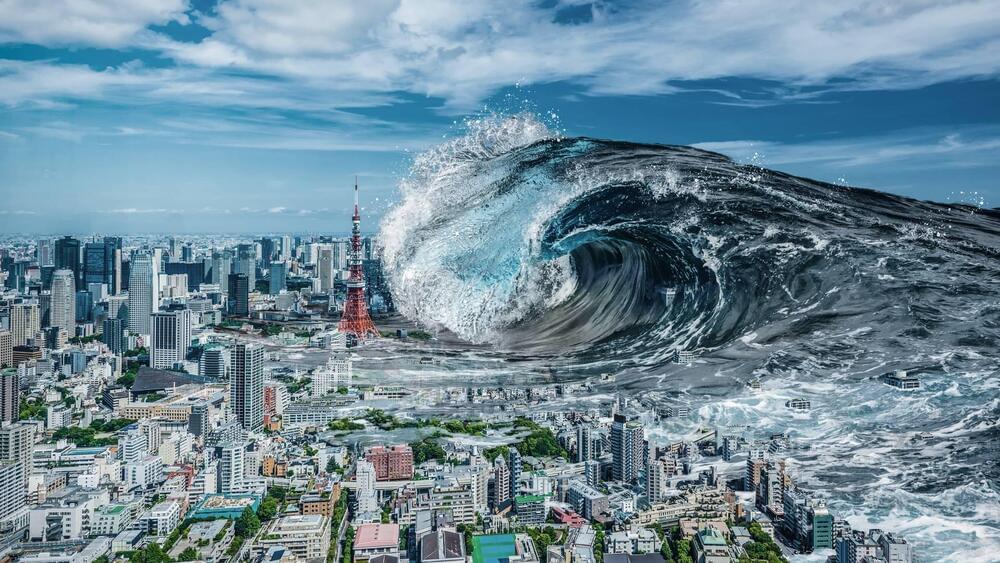The method can be used on any time-sensitive natural disaster.
In 2011, northeast Japan was struck by a devastating tsunami that claimed the lives of about 18,500 people. Since then, the nation has been focused on preventing a similar outcome in the future.
“The main advantage of our method is the speed of predictions, which is crucial for early warning,” explained Iyan Mulia, the work’s lead and a scientist at RIKEN.
Kurosuke/iStock.
Now, new research out of the RIKEN Prediction Science Laboratory has used machine learning to accurately predict tsunami impacts in less than one second, according to a press release by the institution published on Monday.
